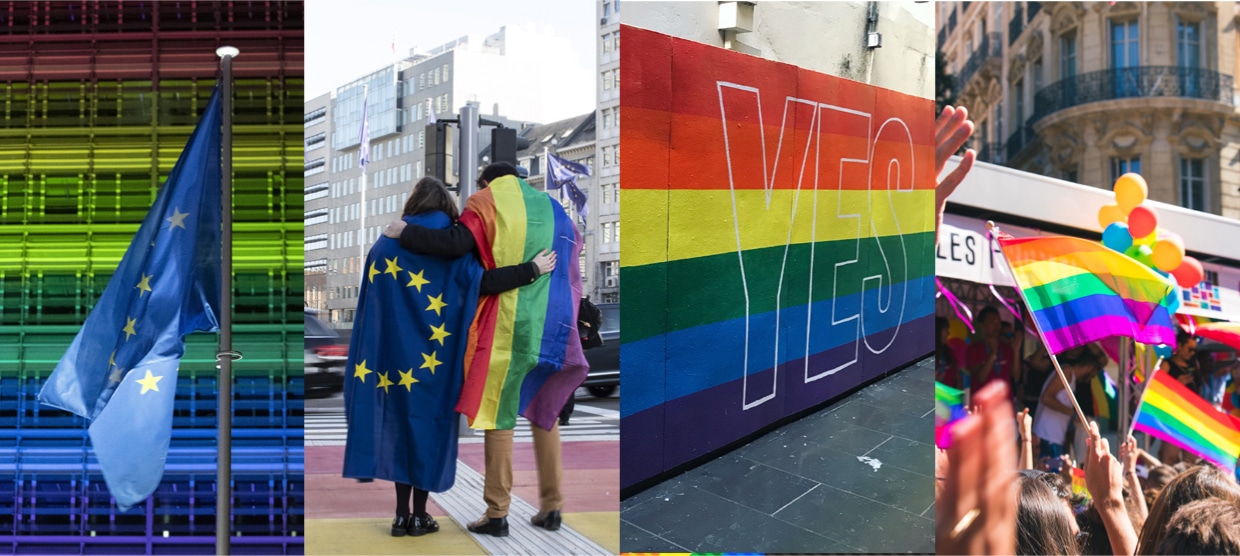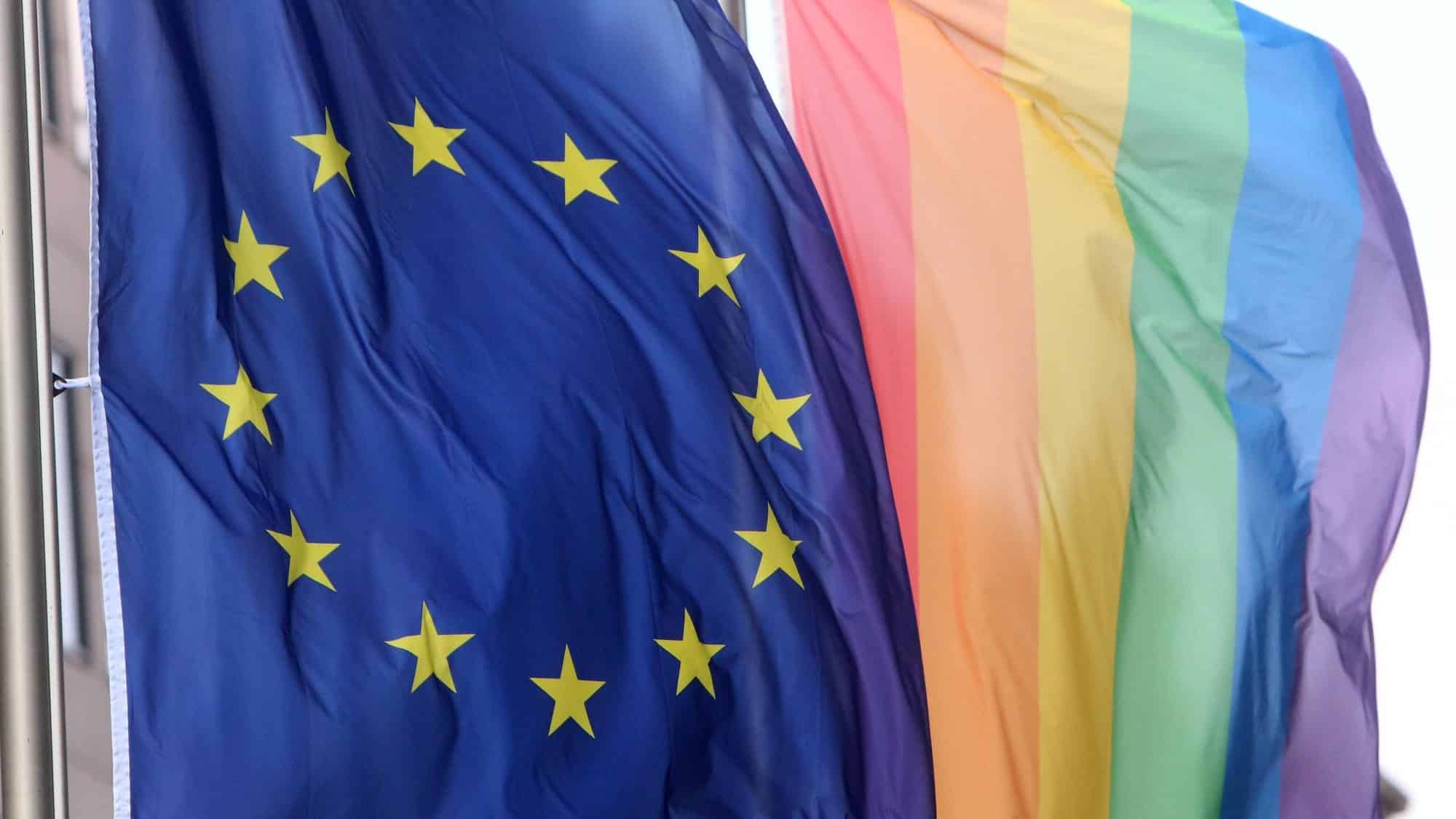The European Parliament sends a signal against homophobia again
It is no secret that the EU Commission and Hungary's Prime Minister Viktor Orbán do not always agree on equal rights for homosexuals. Now it became clear once again how hardened the fronts are here.
The EU Commission is currently considering whether it would not make sense to release subsidies, such as Corona aid and the like, only if the promises made with regard to upholding the rule of law are implemented in return. Recently, there has been repeated criticism that there is still a lot of room for improvement.
Or, in other words: In the past, more was promised than was actually implemented. And this is precisely what the EU Commission now wants to defend itself against.

The EU Commission criticizes the implementation of remedial measures in Hungary
One of the main criticisms raised by the EU Commission is that Hungary has not implemented many important points of the agreed (17 in total) remedial measures. Furthermore, it is feared that Hungary is not using the funds provided by the EU appropriately. In addition, the EU Commission officials once again criticized the situation of homosexuals in Hungary and the handling of the "rule of law" issue.
Recently, it has been repeatedly shown that Hungary's Prime Minister Viktor Orbán pushed through or wanted to push through laws against the community. As a result, queers in Hungary do not have the opportunity to enjoy their lives as heterosexuals do. The quality of life suffers and many feel forced to hide.
A reservation of funds is intended to bring about a change in the situation.

Does Hungary need the EU money?
This question is difficult to answer. At more than seven billion euros (plus just under six billion euros in Corona aid), it is certainly a handsome sum.
There are many people who keep emphasizing how dependent the country is on the funds. The Hungarian government, however, seems to see the whole thing - at least officially - far less dramatically.
However, a look at the facts shows that without the funds, even stronger inflation is virtually unavoidable. Many people in Hungary already have major financial problems and can no longer afford many things.
How the dispute over funds and the demand for more equality (or at least less discrimination) will end remains to be seen. What is certain is that - as is so often the case - a lot of diplomacy and politics will also play an important role here. For example, Hungary still has the ace up its sleeve that it can veto votes (also on other issues) and thus counteract unity among the states.
The EU Council of Ministers has the final say on whether Hungary receives the funds. It meets on December 19. In order to "freeze" the financial support for Hungary, 15 (or more) pro-votes would be needed here. A total of 27 EU member states will vote.
Experts currently believe that the vote will be in favor of the EU and against Hungary ... Among other things, because this is not the first time that Hungary's Prime Minister Viktor Orbán has attracted negative attention and offended other countries. At least outwardly, however, the country is showing itself to be optimistic. In a government statement, it left no doubt that it was certain that the financial support would be realized. In return, Hungary would also keep its commitments.
Will there soon finally be a ban on HIV testing in the workplace?
Ja ja, 2022 war ein schönes Jahr. Immerhin 3 Jahre besser als jetzt. Diese vermehrte Toeranz hat sich aber schnell wieder vertan. Weil es doch eh nur Getue war, mein Gott.